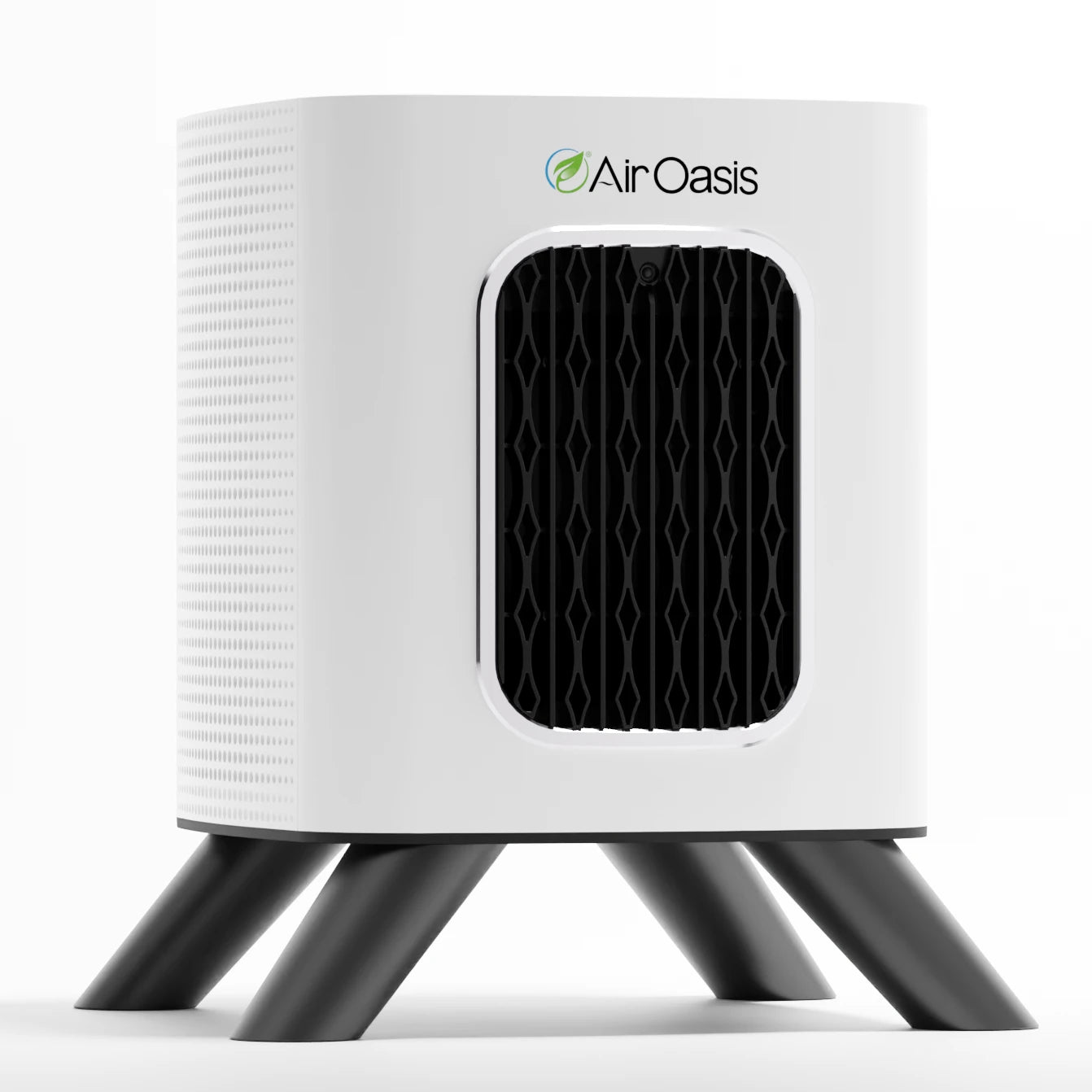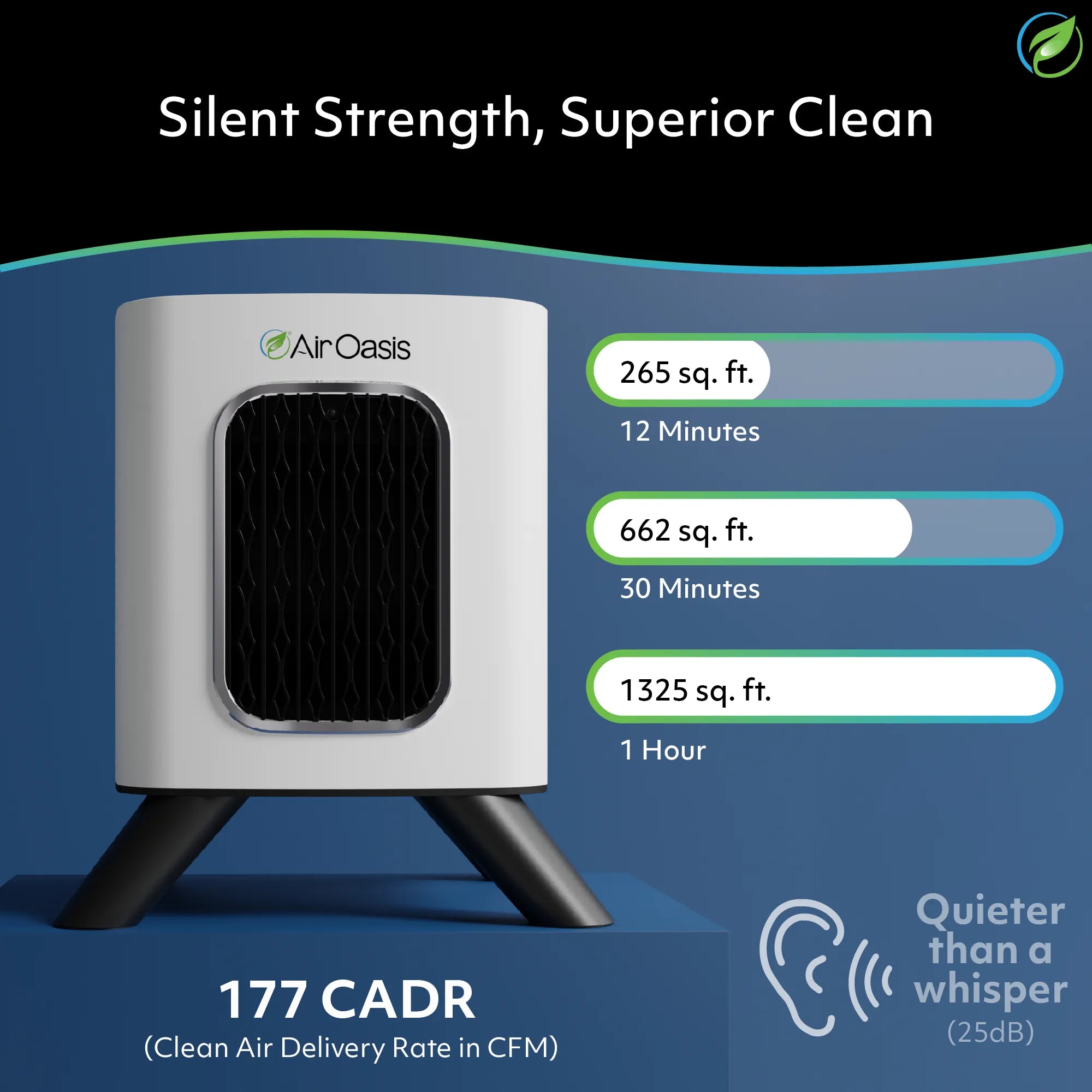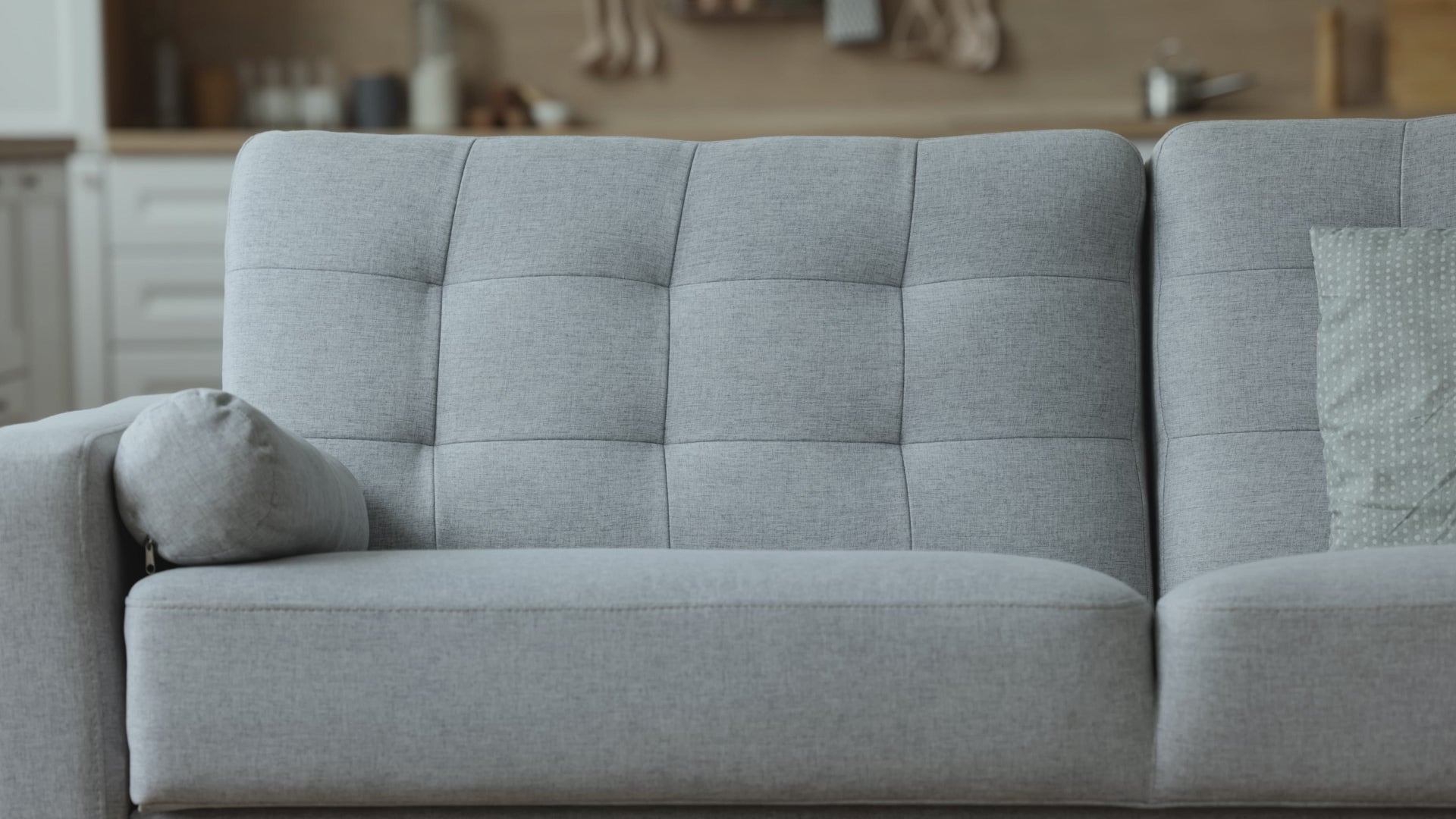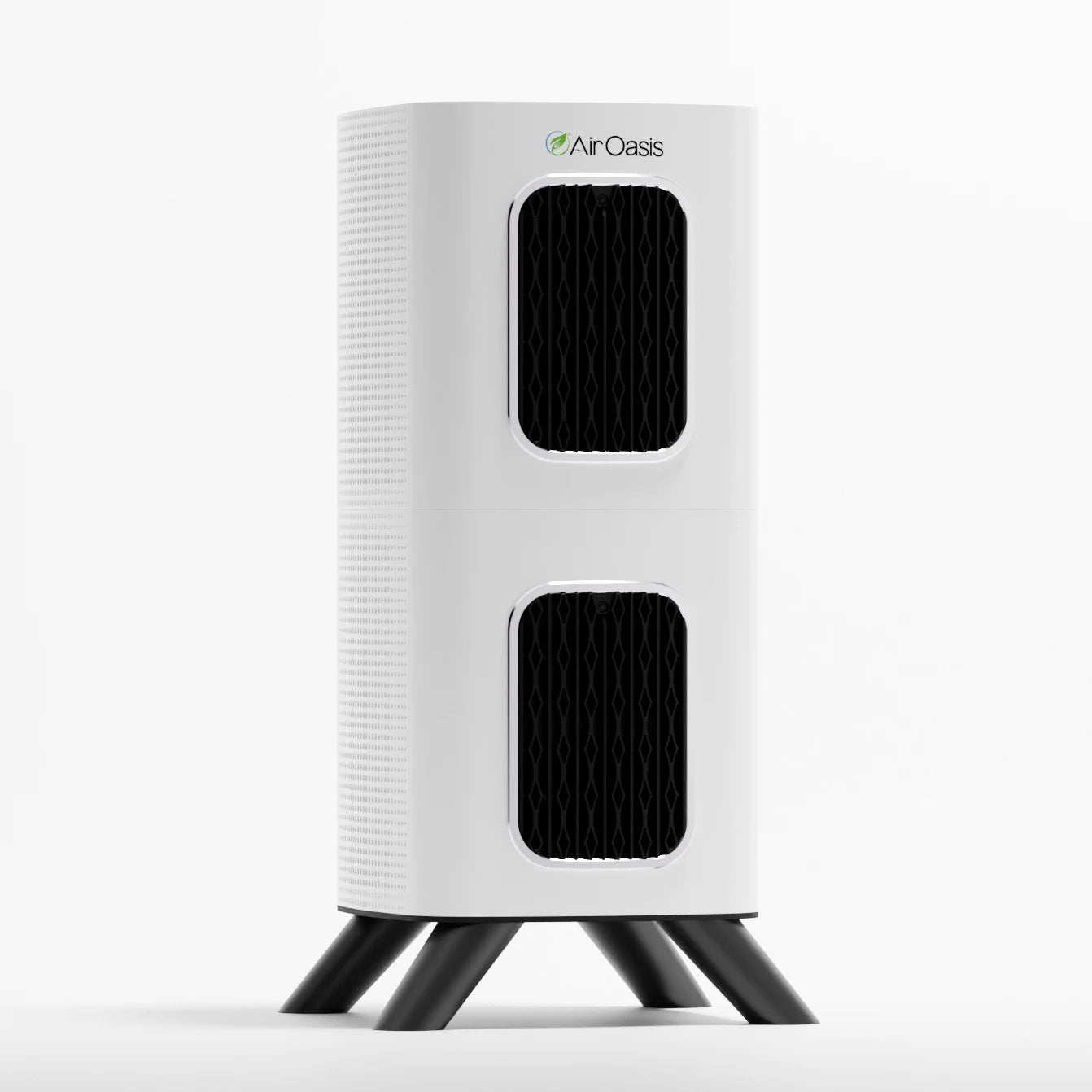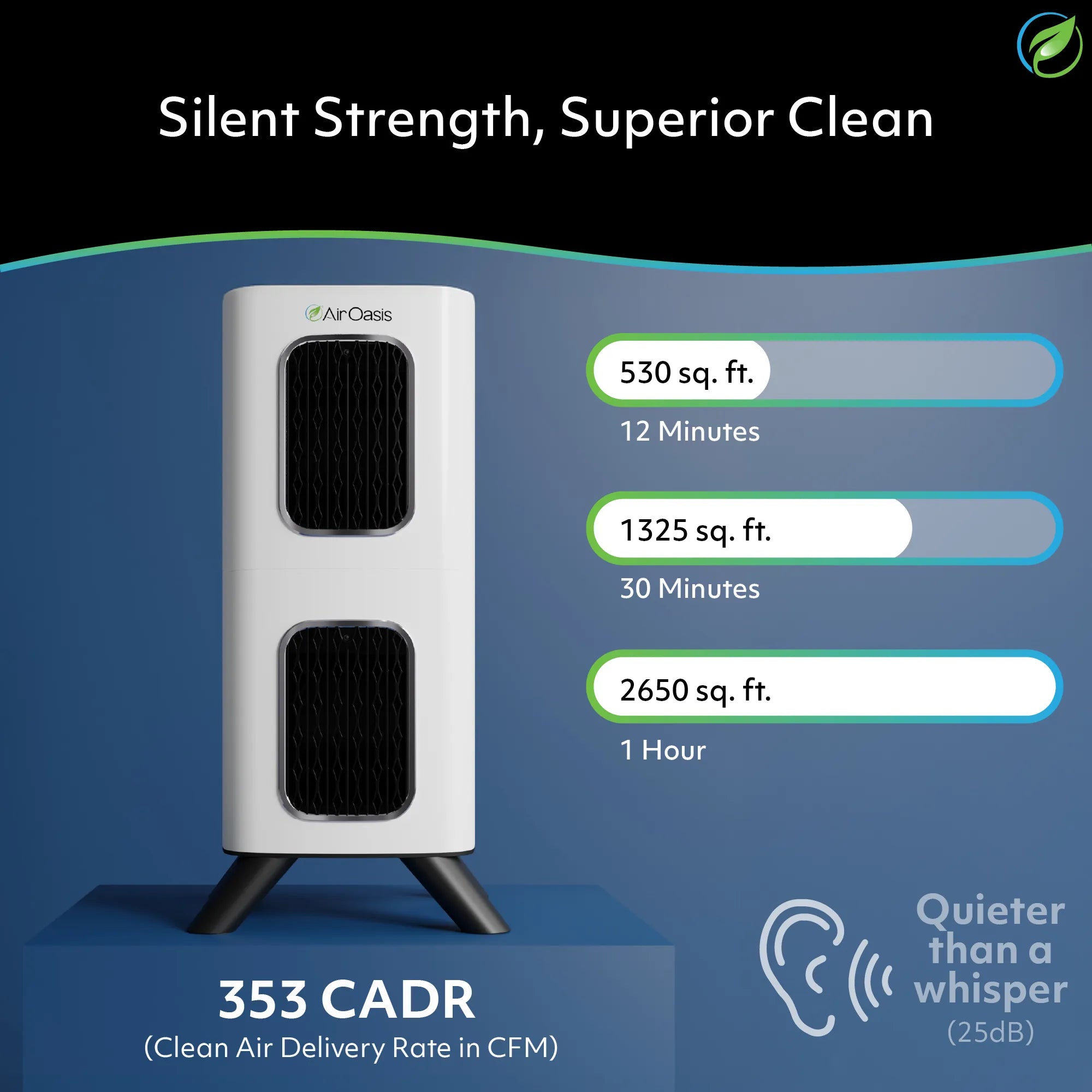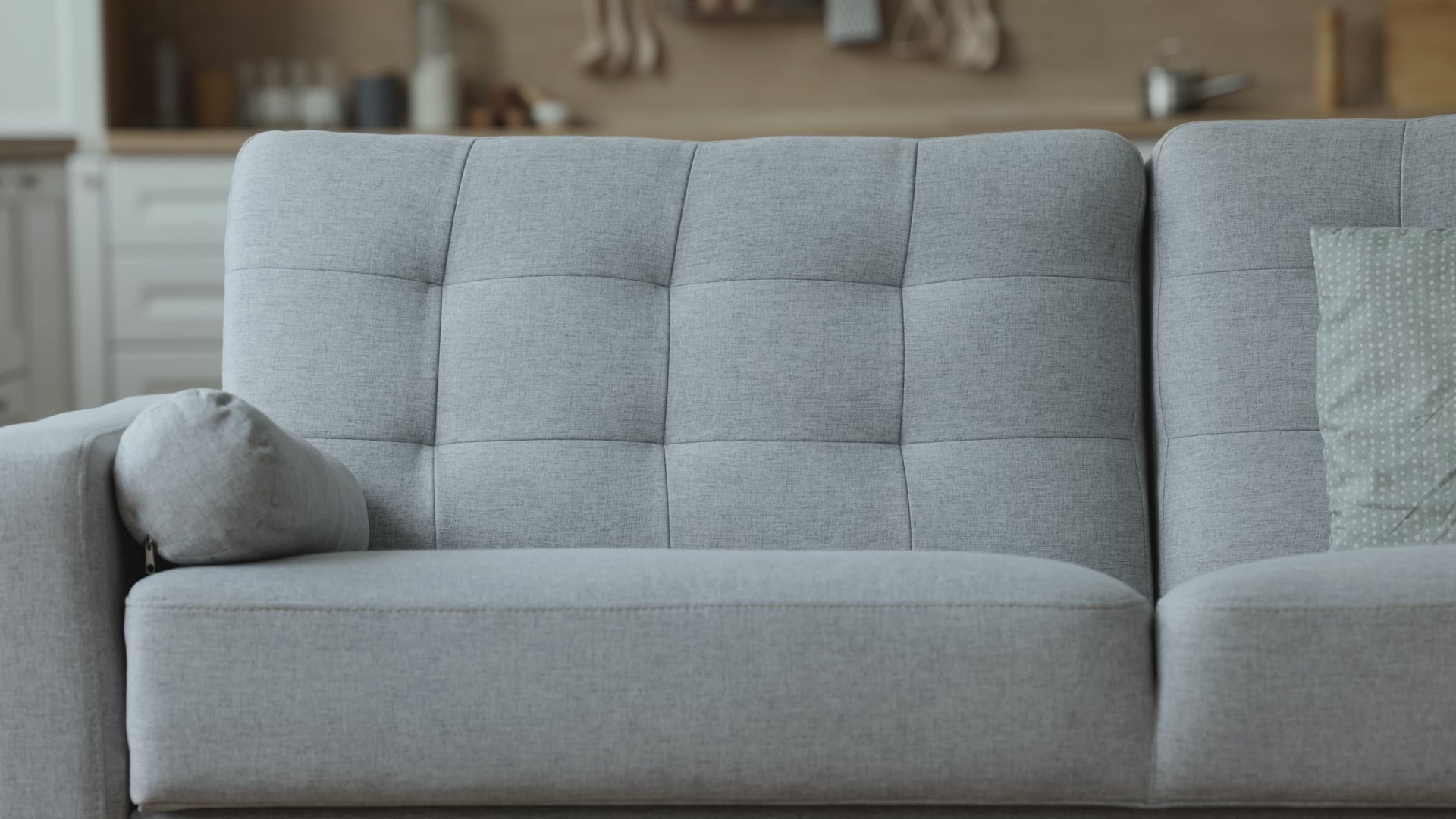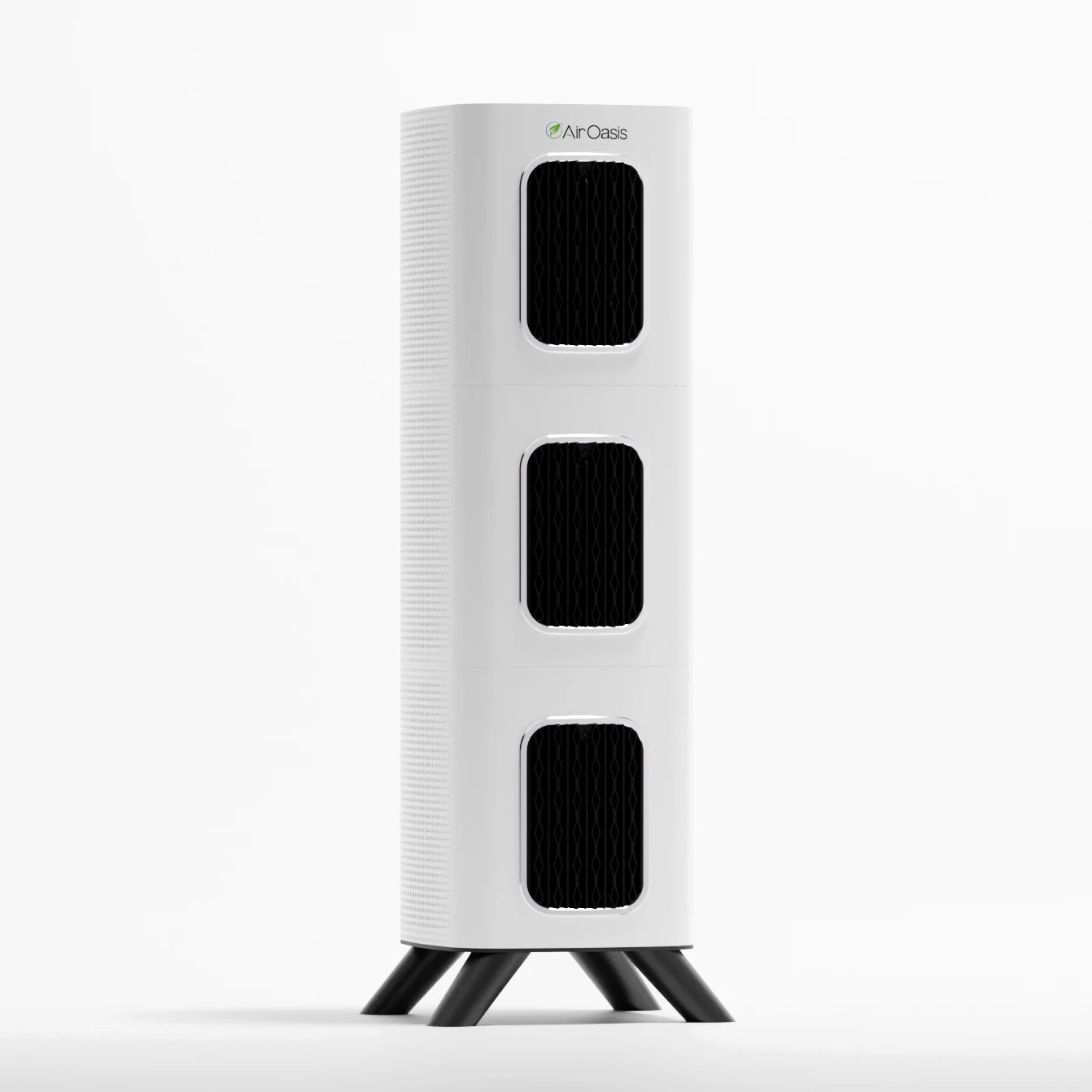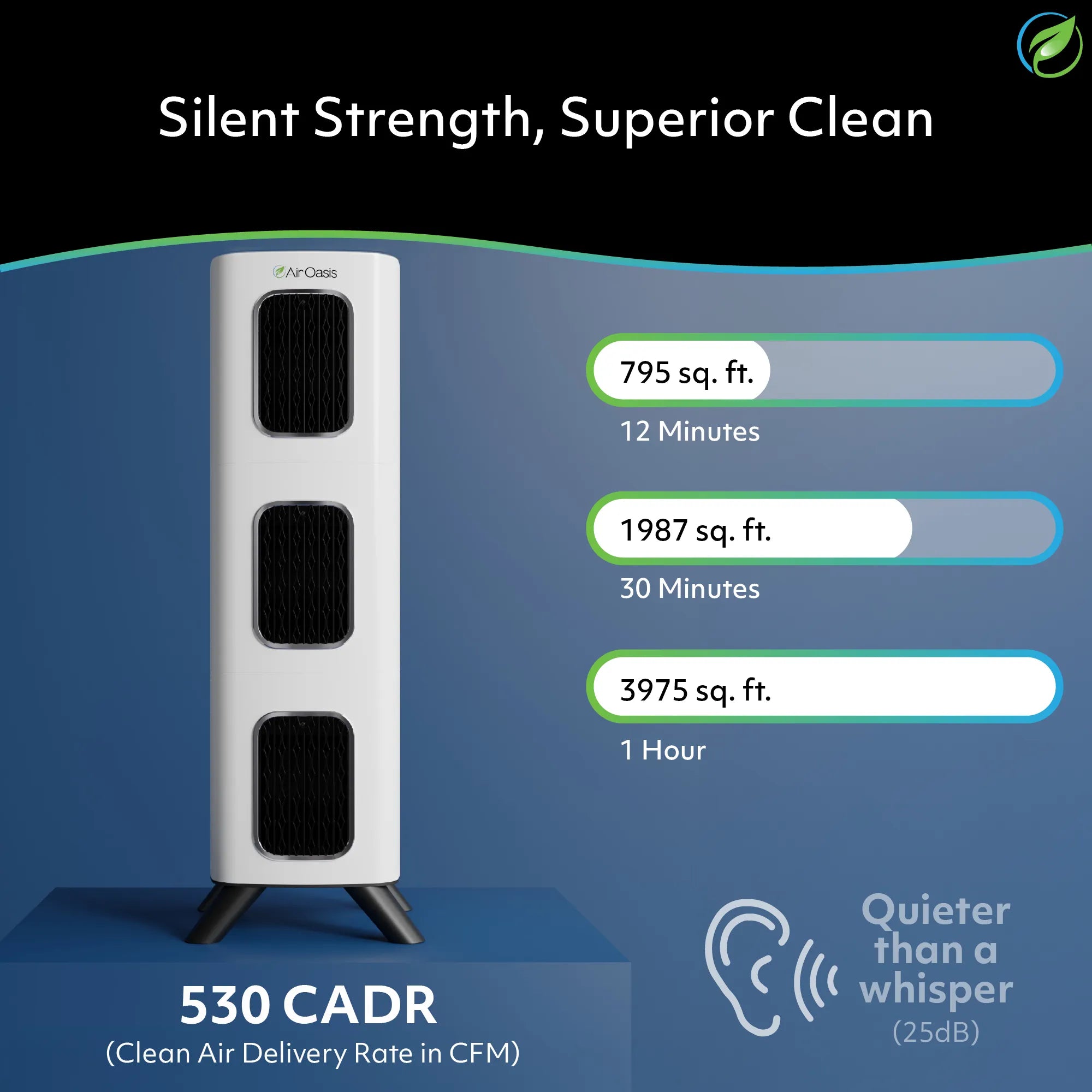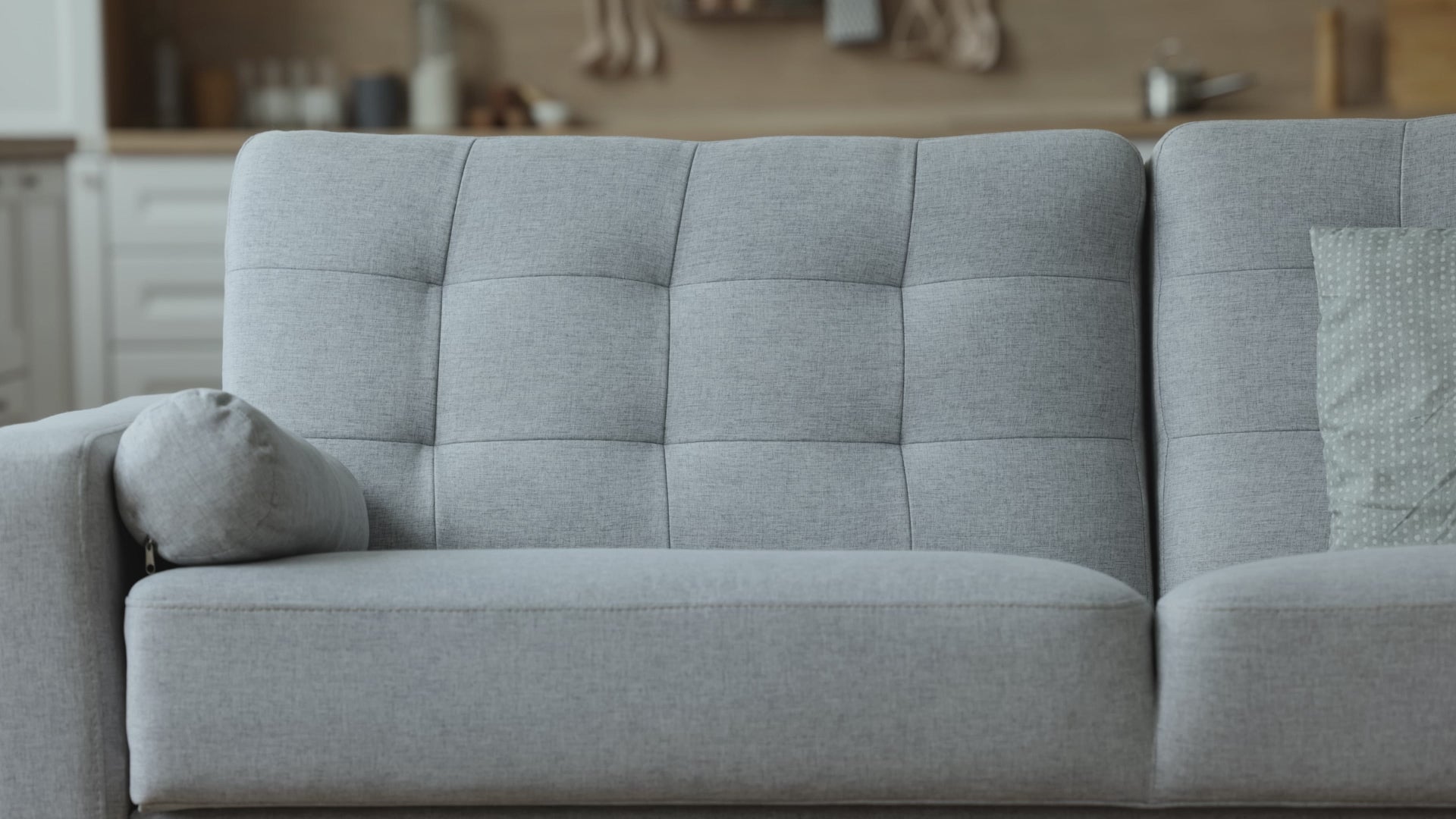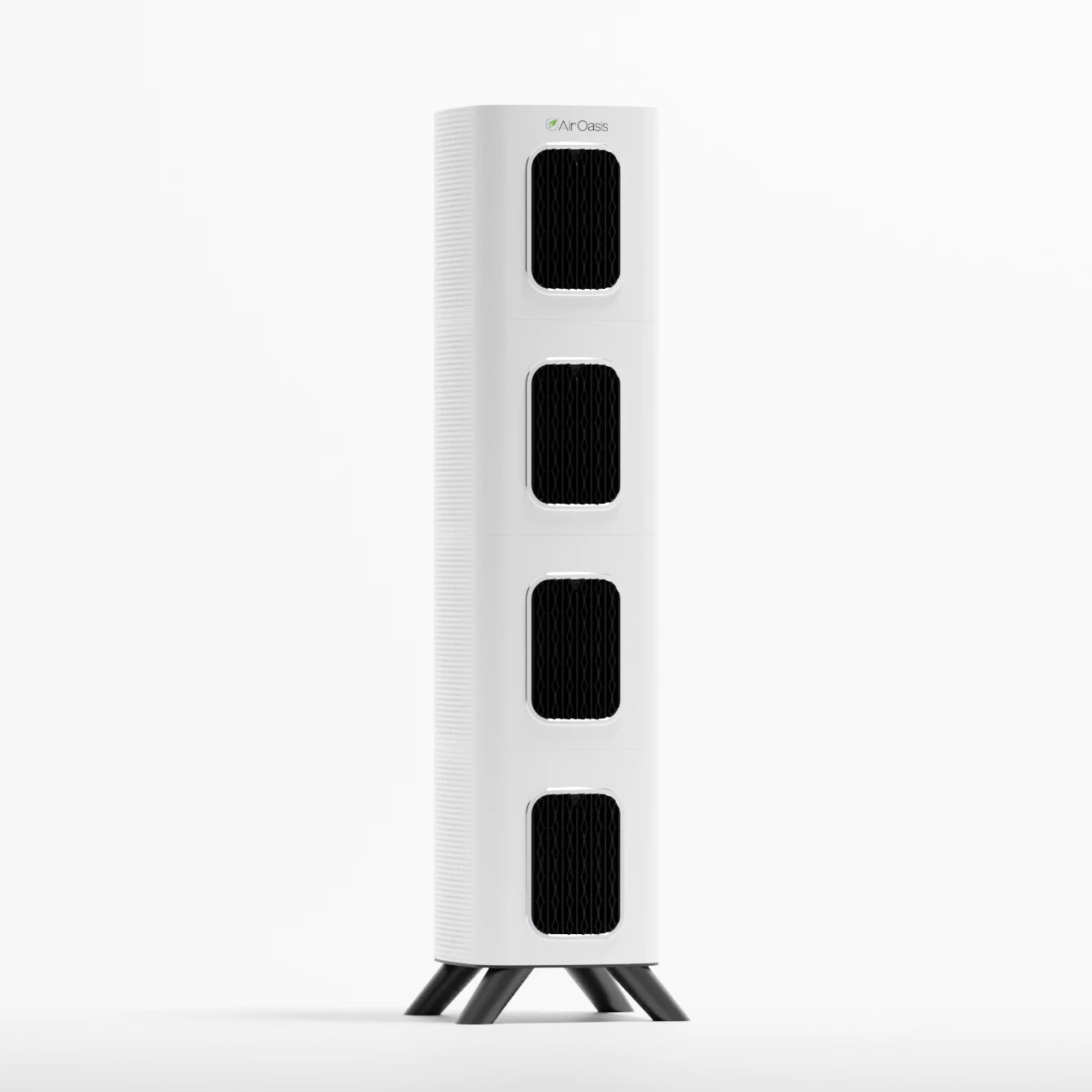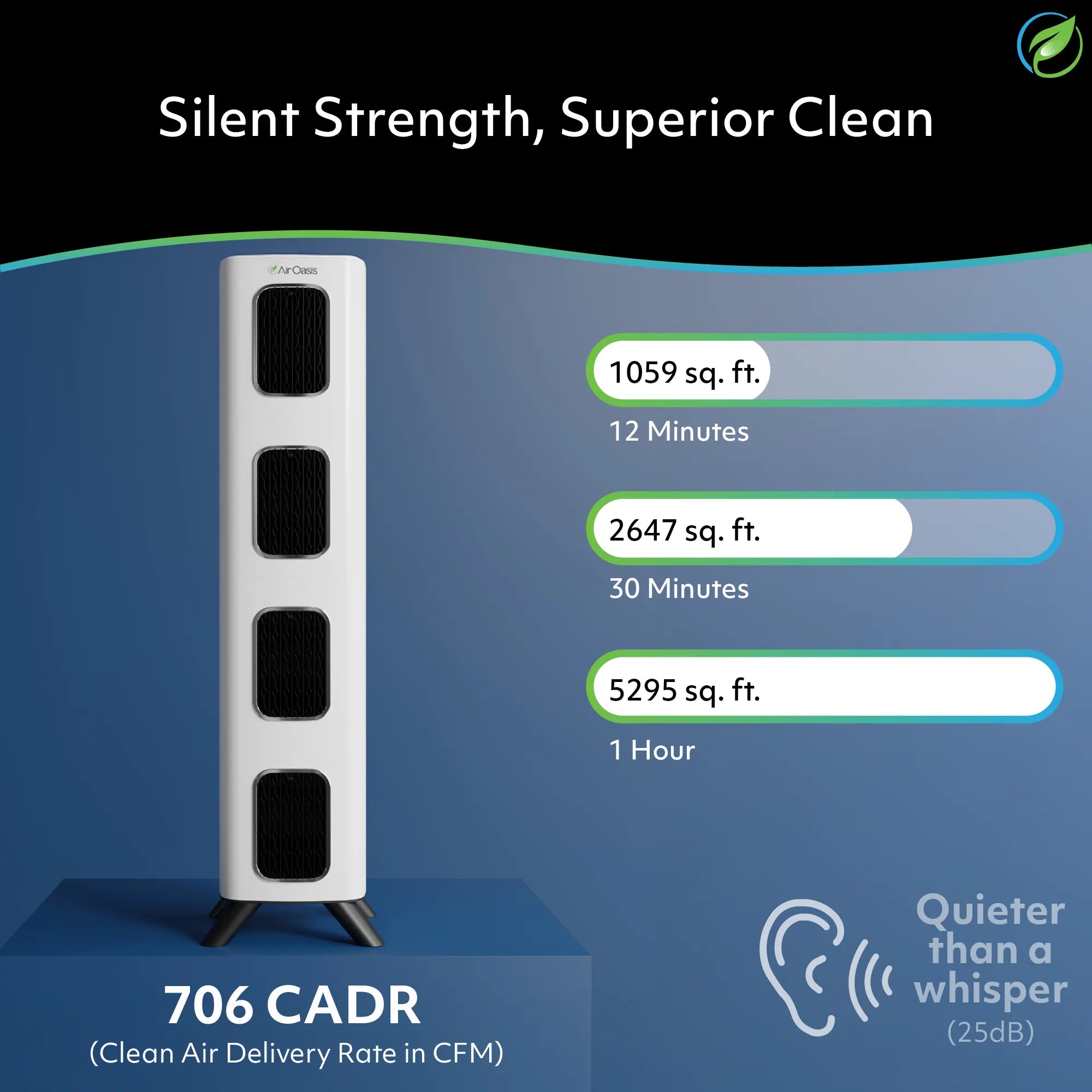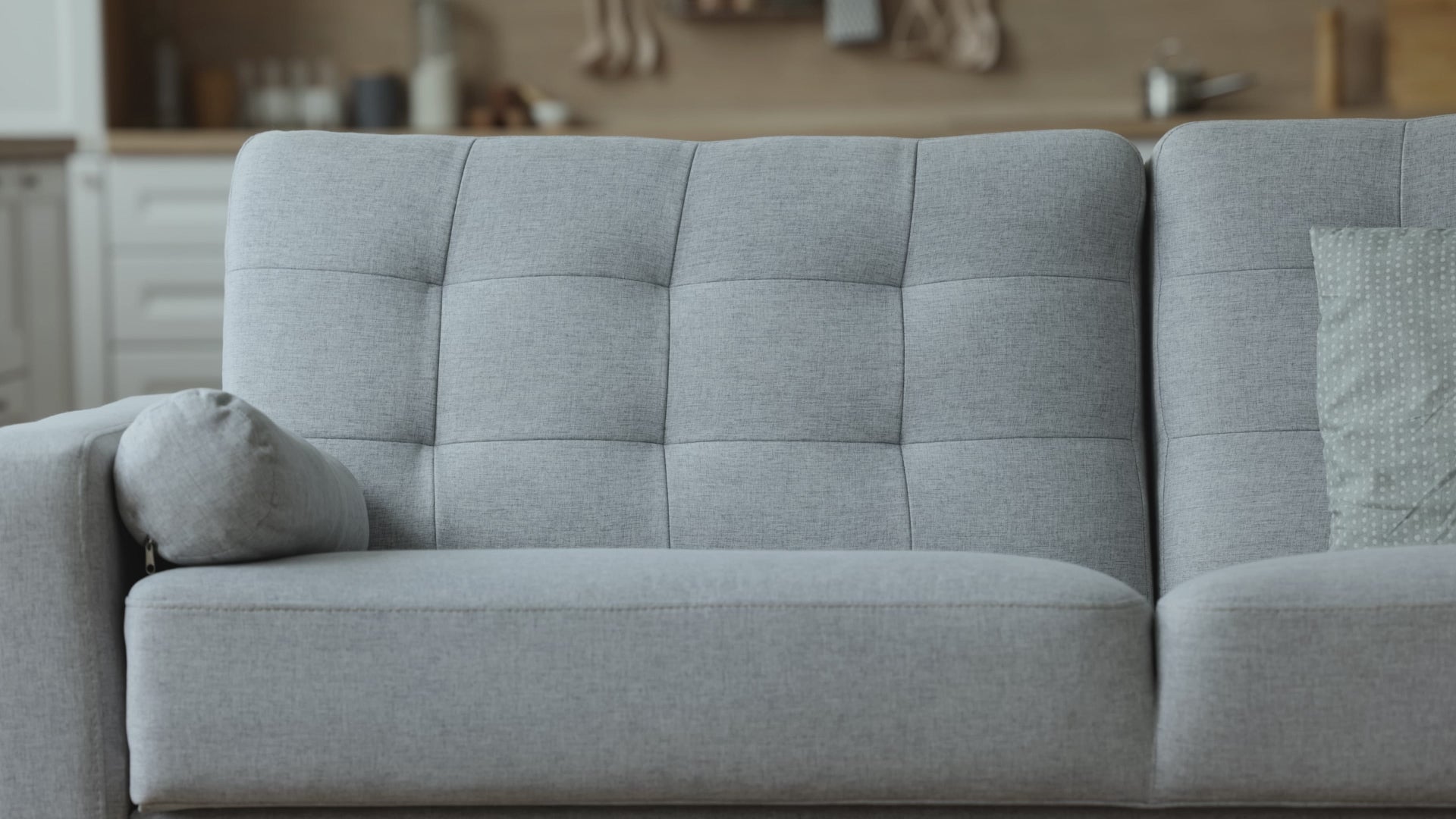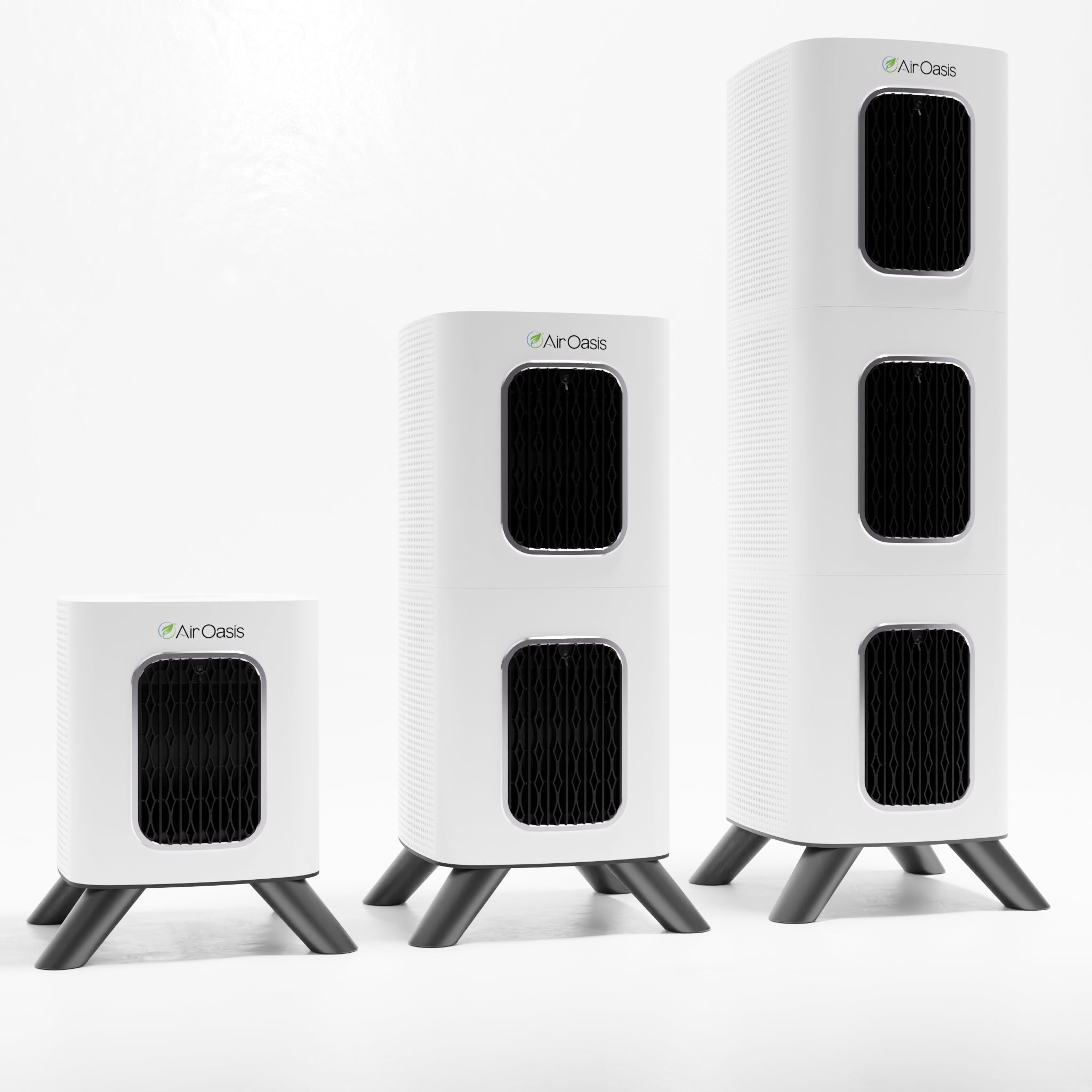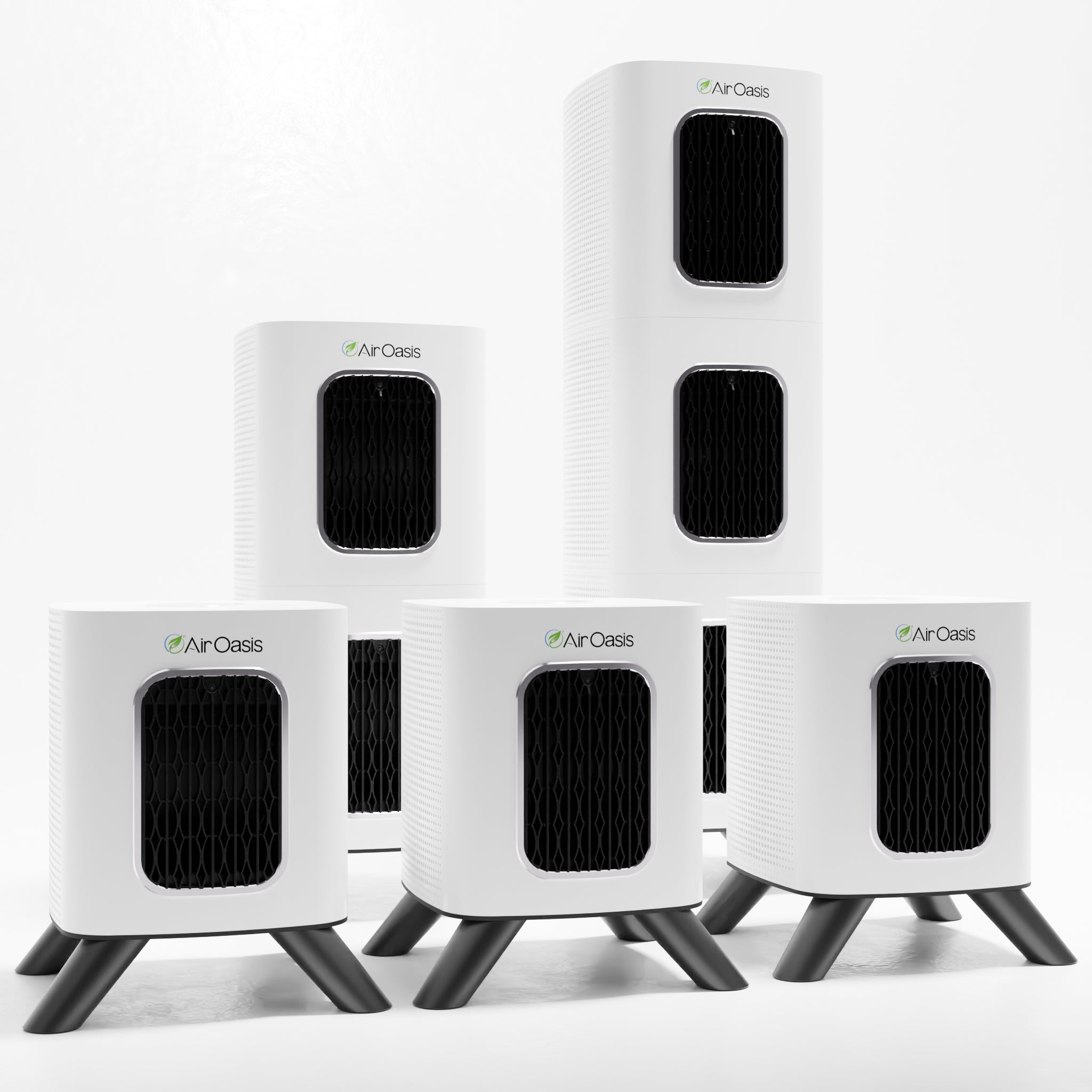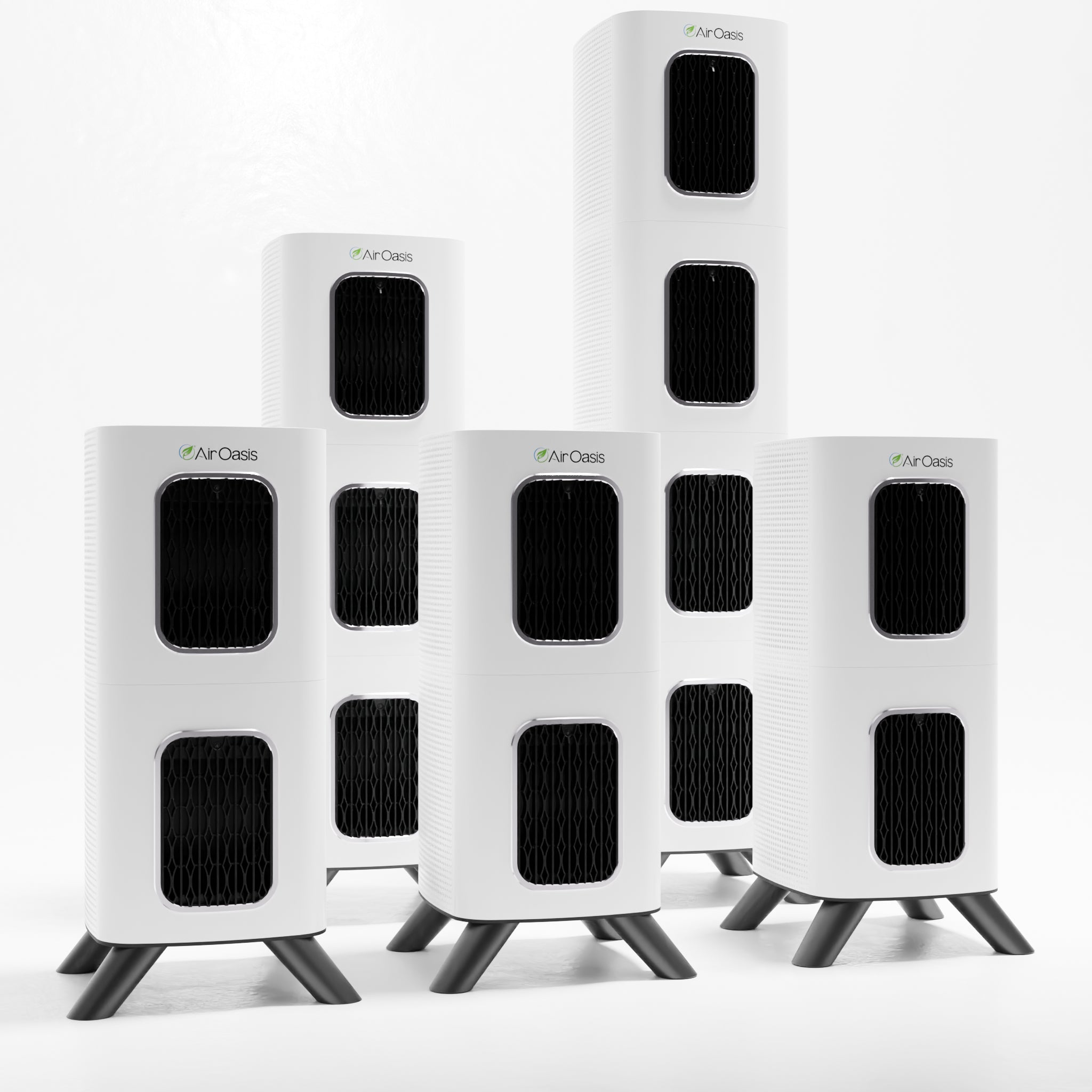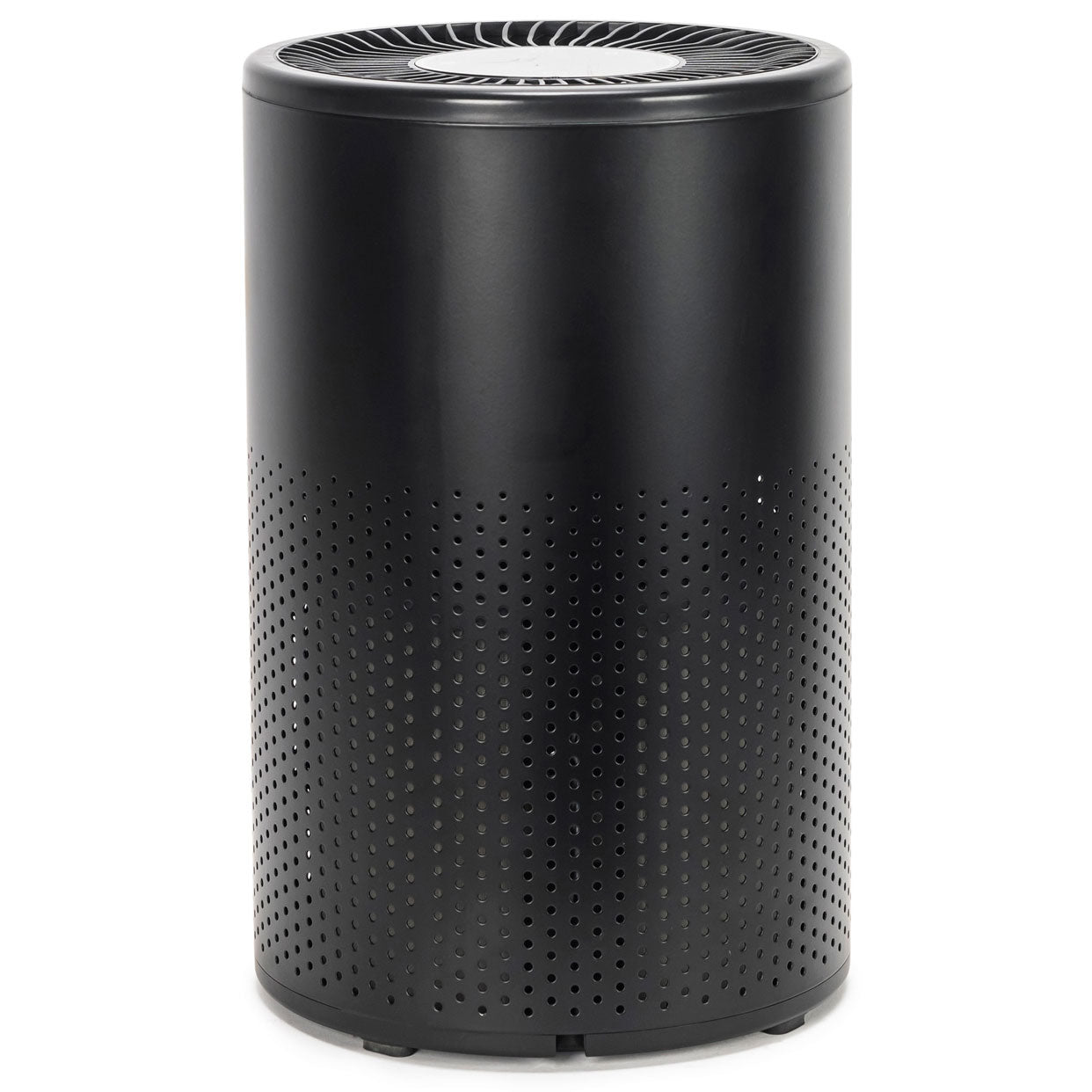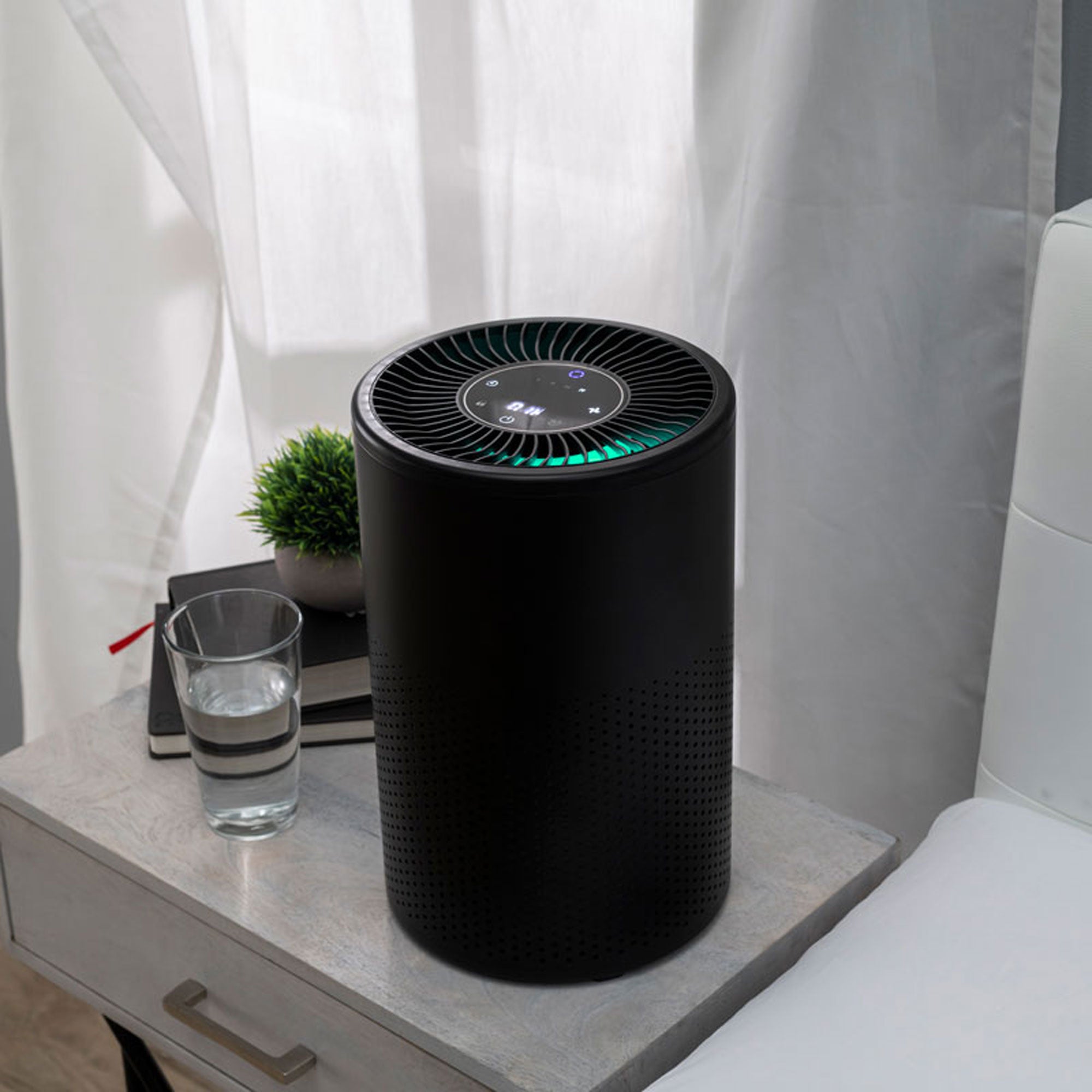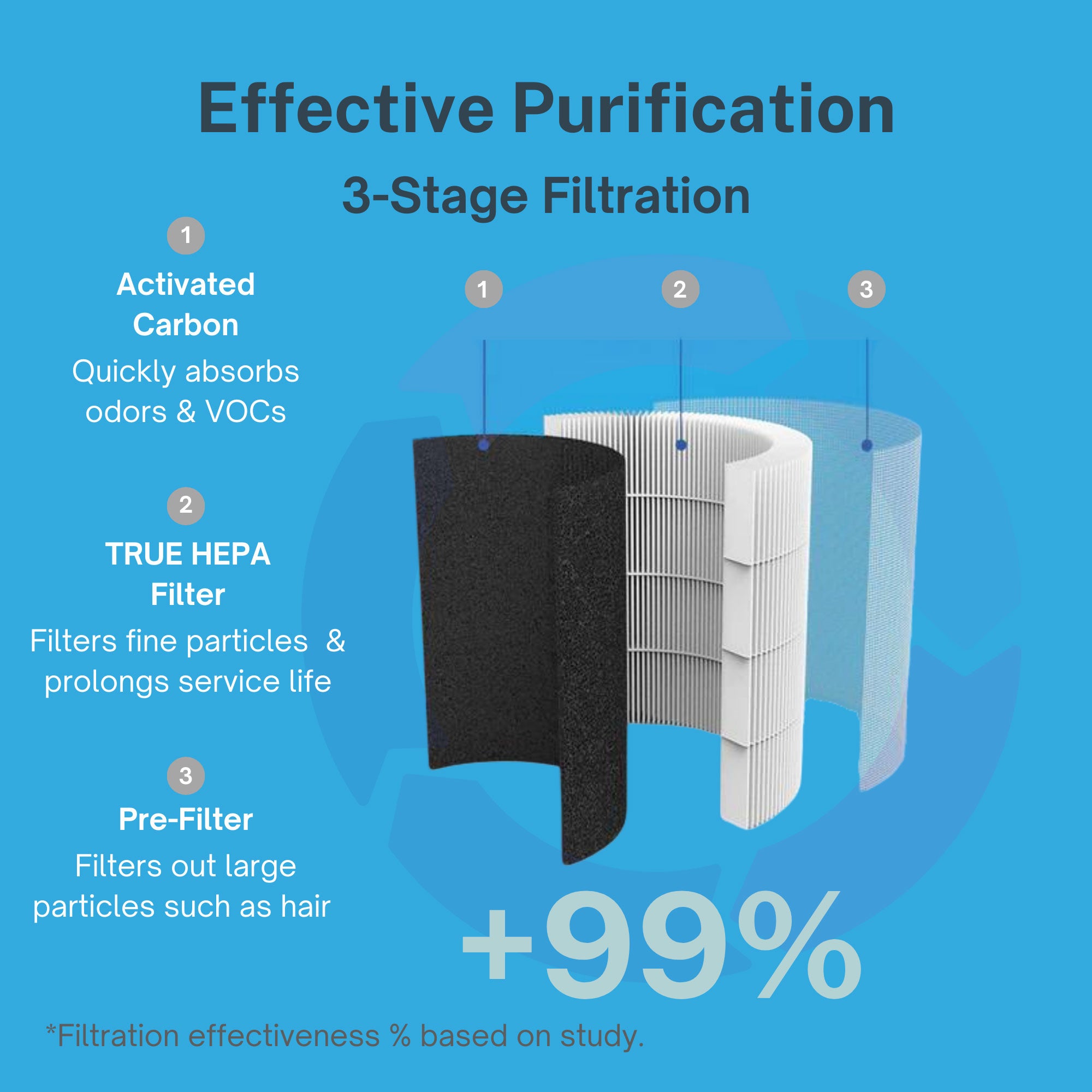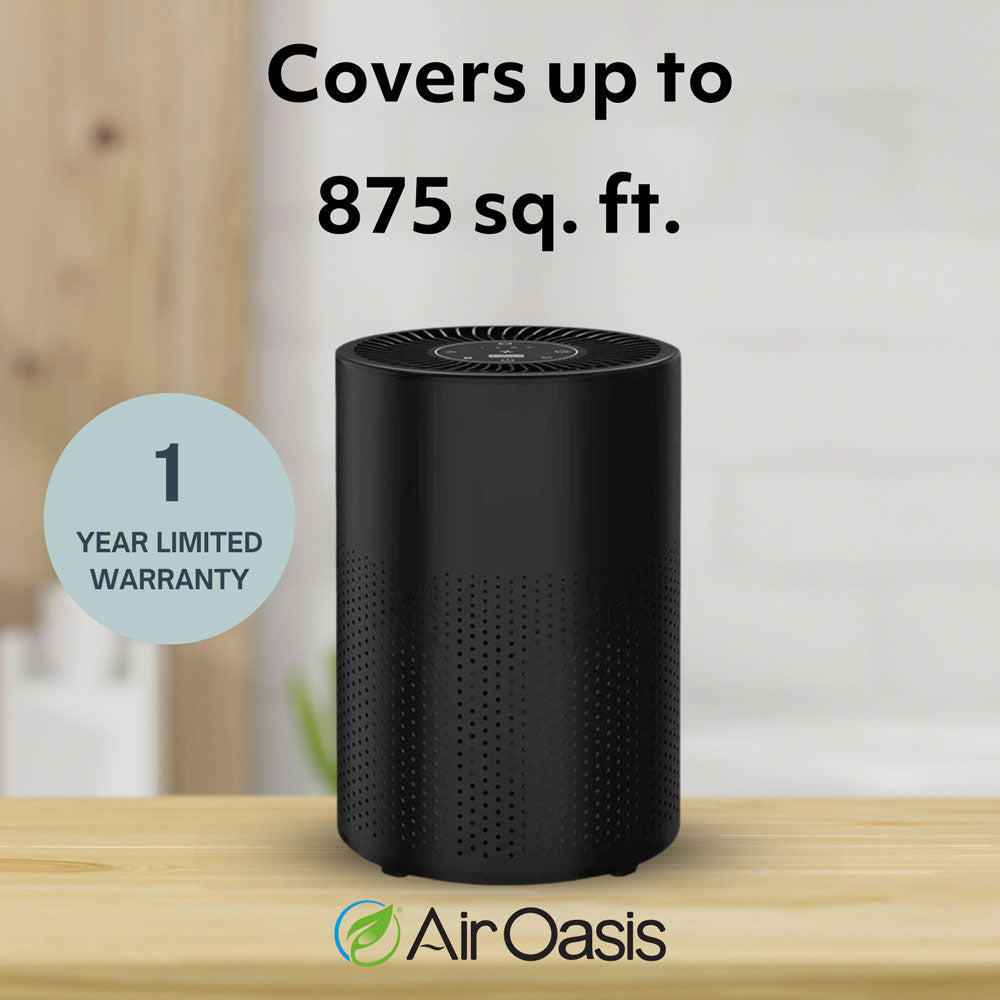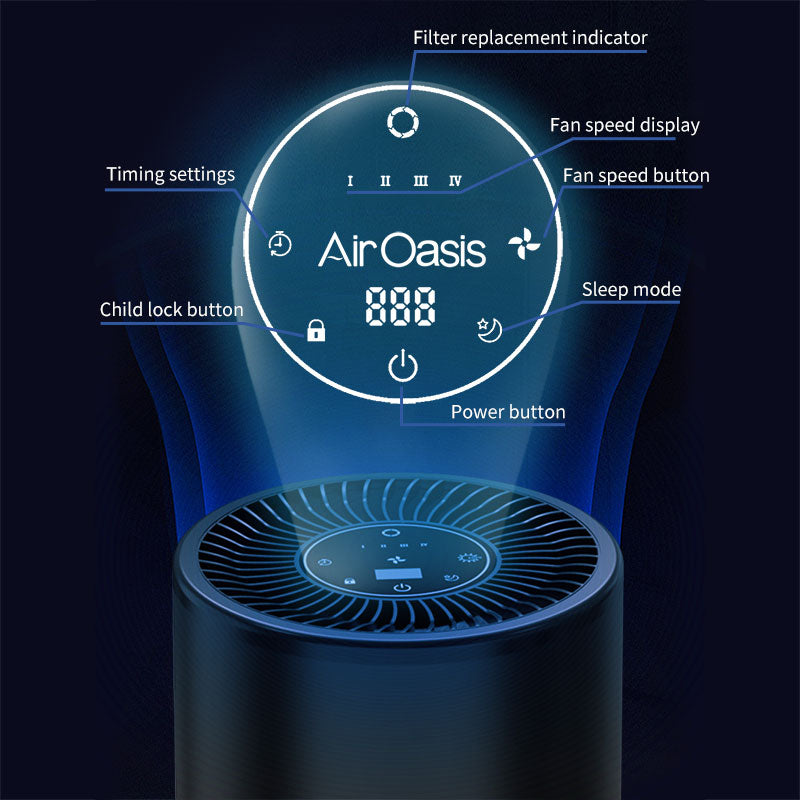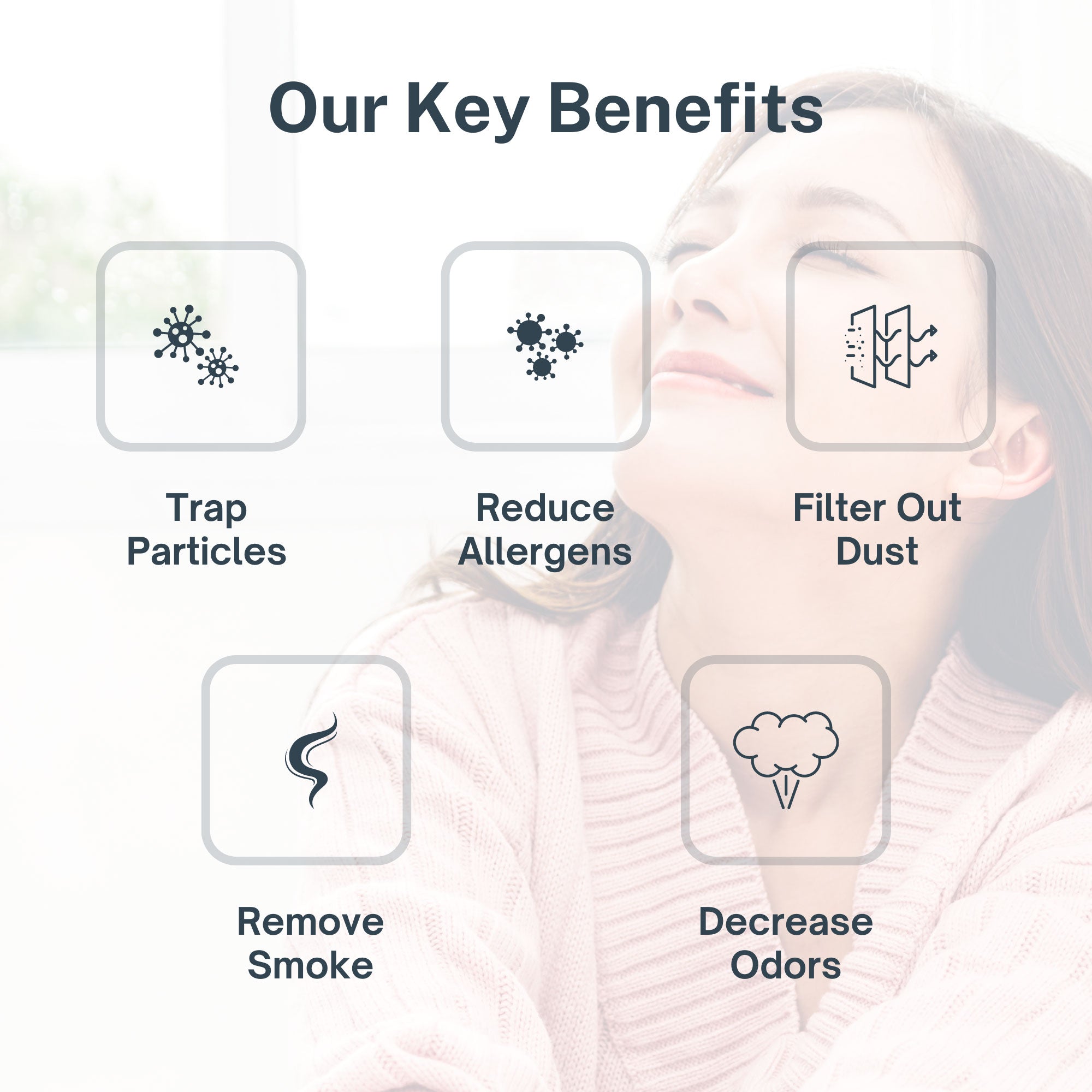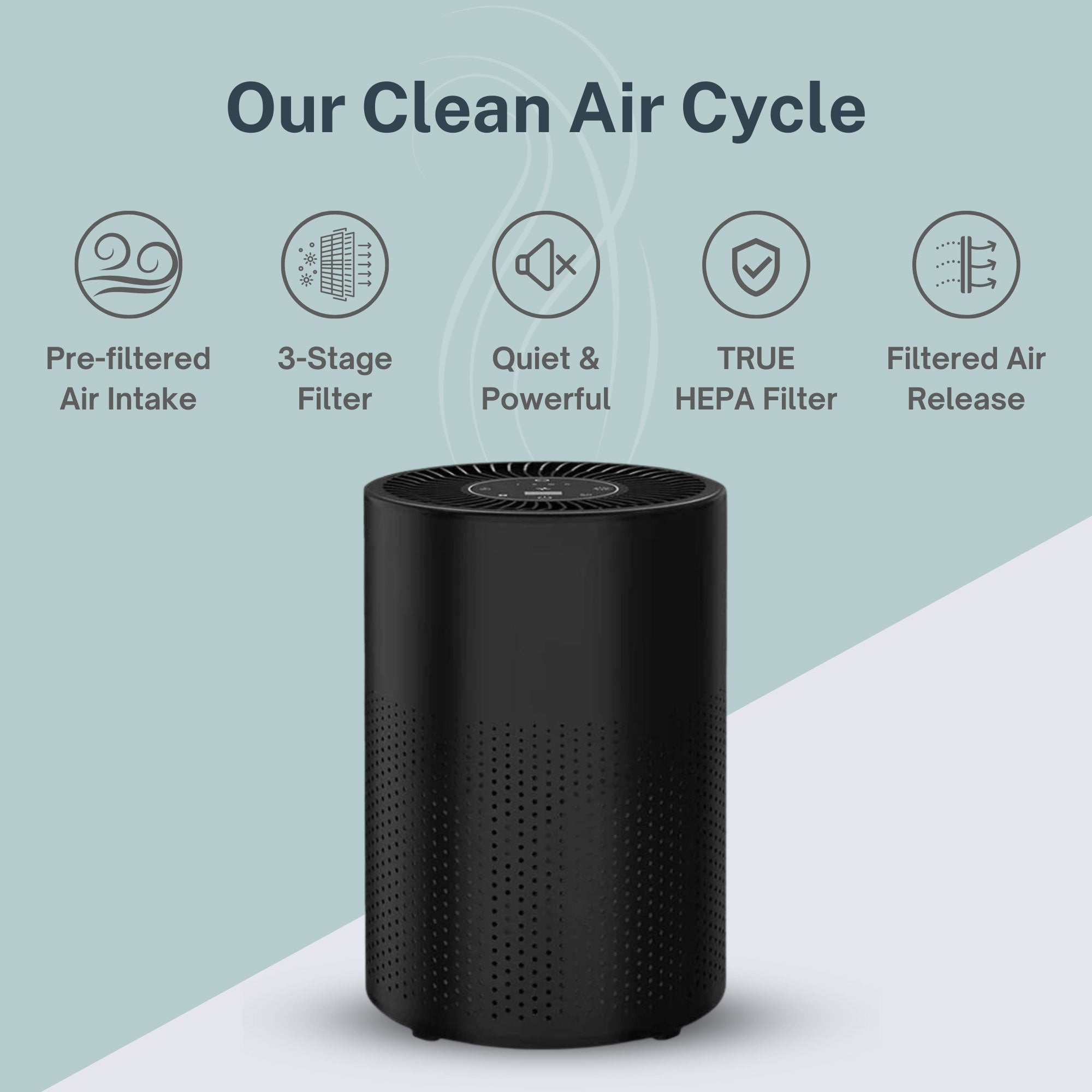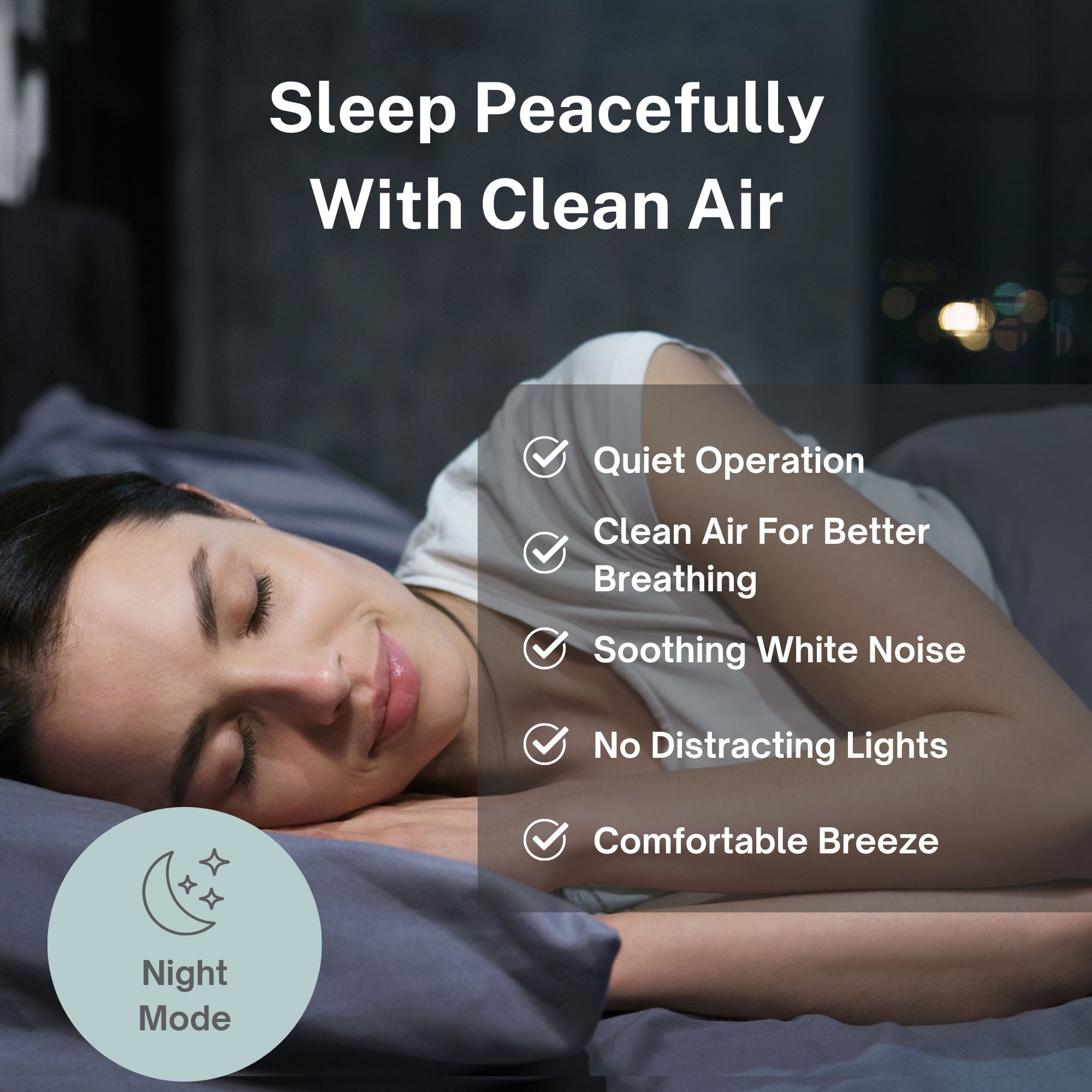You know that feeling when something just doesn't seem quite right in your home? Maybe you've noticed a musty smell lingering in certain rooms or felt a little under the weather whenever you spend time in a particular area. Chances are, you could be dealing with an unwelcome guest—mold.
Mold is a type of fungus that thrives in damp, humid environments, and it can be a real nuisance when it starts growing inside your home. While it might not be immediately visible, mold can significantly impact your health and well-being.
Some people might experience an allergic reaction or heightened sensitivity to mold, including its spores, leading to a range of unpleasant symptoms. From respiratory issues like wheezing and coughing to skin irritation, headaches, and even fatigue, mold can make you feel downright miserable.
But don't worry, you're not alone in this battle against mold. In this blog, we'll dive deep into the world of mold sensitivity, helping you identify the telltale signs and equipping you with powerful strategies to protect yourself and your home.
What is Mold Sensitivity?
Mold sensitivity, also known as mold allergy, is a condition in which the body's immune system overreacts to mold spores in the air. These microscopic spores, also called mycotoxins, can trigger a range of unpleasant symptoms in some individuals, making mold a pesky problem that's hard to ignore.
Now, you might be wondering, "Why does my body care so much about these harmless little spores?" Well, it all comes down to how our immune systems are wired. Some individuals have a genetic predisposition or heightened sensitivity to mold, causing their bodies to mount a defensive reaction.
When you inhale or come into contact with mold spores, your immune system perceives them as foreign invaders. It goes into overdrive. This inflammatory response leads to the unpleasant symptoms we associate with mold sensitivity.
It's important to note that not everyone will react the same way to mold exposure. Some people might experience mild symptoms, while others could have a more severe reaction, depending on their individual sensitivity levels and overall health.
While mold itself is a type of fungus that plays an important role in nature, breaking down organic matter and recycling nutrients, it can become a nuisance when it starts growing indoors. Our homes' warm, damp conditions provide the perfect breeding ground for mold, especially in areas like bathrooms, kitchens, and basements where moisture tends to accumulate.
So, whether you have a known mold allergy or suspect you might be sensitive, it's crucial to stay vigilant and take steps to prevent mold growth in your living environment. By understanding what mold sensitivity is and how it affects your body, you'll be better equipped to identify the symptoms and take protective measures.
Identifying Symptoms of Mold Sensitivity
If you're sensitive to mold, your body will let you know. Here are some common symptoms to watch out for:
- Respiratory issues: Wheezing, coughing, shortness of breath, or a stuffy nose.
- Skin irritation: Rashes, itchy skin, or eczema flare-ups.
- Headaches and migraines: Persistent head pain or pressure.
- Fatigue and weakness: Feeling tired or drained, even after a good night's sleep.
- Mood changes: Irritability, anxiety, or depression.
If you notice any of these symptoms, especially when spending time in a particular room or building, it's worth investigating whether mold could be the culprit.
Protective Strategies Against Mold
While avoiding mold altogether may be impossible, there are steps you can take to minimize its presence in your home and protect yourself from its effects:
- Control humidity levels: Mold thrives in damp environments, so use dehumidifiers or air conditioners to keep indoor humidity below 50%.
- Fix leaks promptly: Water leaks from pipes, roofs, or windows can create the perfect breeding ground for mold. Address any leaks as soon as possible.
- Improve ventilation: Proper ventilation can help prevent moisture buildup and reduce mold growth. Use exhaust fans in bathrooms and kitchens, and consider installing a whole-house ventilation system.
- Clean regularly: Wipe down damp surfaces, such as shower walls and windowsills, to prevent mold from taking hold. Use mold-killing products when cleaning affected areas. Hiring a professional remediation specialist may be necessary.
- Consider air purifiers: HEPA filters can help remove mold spores from the air, providing an extra layer of protection for those with mold sensitivity.
The Role of Air Purifiers in Mold Prevention
Speaking of air purifiers, these nifty devices can be a game-changer when it comes to tackling mold issues in your home. Air Oasis, a leading brand in air purification, offers a range of high-quality air purifiers designed to improve indoor air quality and reduce mold spores.
These purifiers use advanced filtration technology to capture and remove airborne pollutants, including mold spores, pet dander, dust, and other allergens. Air Oasis purifiers can help create a healthier, mold-free environment for you and your family by continuously circulating and cleaning the air.
Benefits of Air Oasis Air Purifiers
If you're considering investing in an air purifier to combat mold sensitivity, here are some key benefits of choosing Air Oasis:
- Efficient filtration: Air Oasis purifiers feature multiple stages of filtration, including HEPA filters, Bi-polar ionization, silver ions, UV-C light, and activated carbon, to effectively capture even the smallest mold spores.
- Quiet operation: No need to worry about disruptive noise—the iAdaptAir purifiers operate quietly, allowing you to enjoy fresh, clean air without distractions.
- Energy-efficient: Air Oasis purifiers are designed to be energy-efficient, helping you save on utility costs while keeping your air clean.
- Easy maintenance: With user-friendly filter replacement and maintenance, these purifiers require minimal effort to keep running at optimal performance.
- Versatility: Air Oasis offers a range of purifiers, from small to pro sizes, to suit different room sizes and needs.
Banish Airborne Mold from Your Home with Air Oasis
Mold sensitivity can be frustrating and uncomfortable, but you don't have to let it control your life. You can take proactive steps towards creating a healthier, mold-free home environment by being aware of the symptoms, implementing protective strategies, and investing in a high-quality air purifier like those from Air Oasis.
Don't let mold hold you back any longer. Shop Air Oasis today and explore their range of air purifiers, designed to help you breathe easier and enjoy the clean, fresh air you deserve. Your health and well-being are too important to ignore—take action now and reclaim your indoor space!




